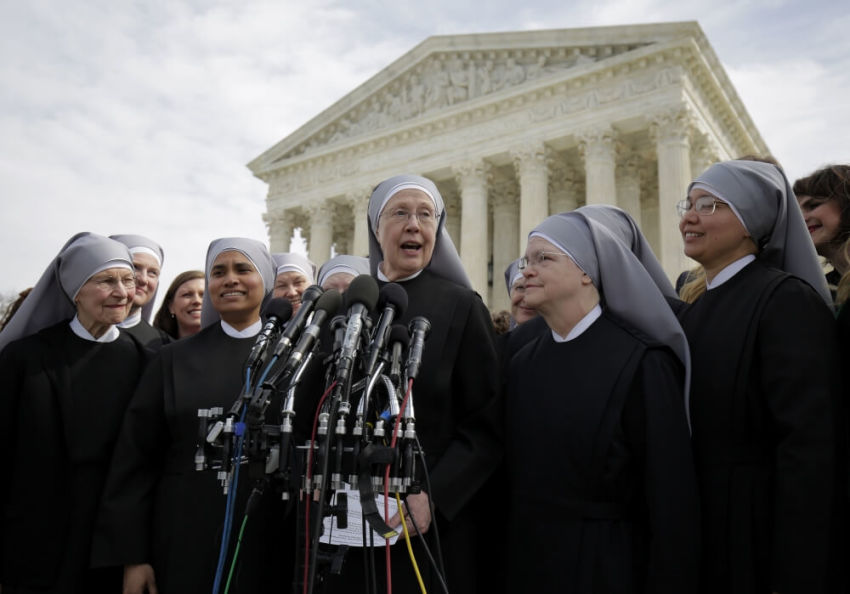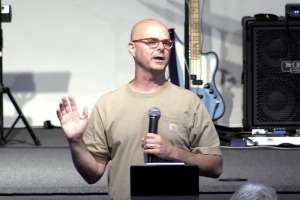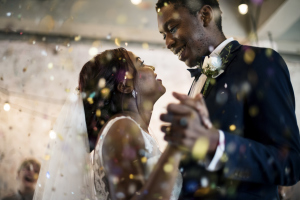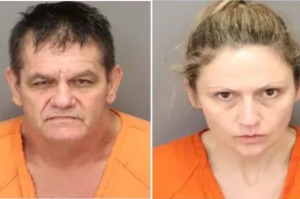Will Trump’s contraceptives mandate exemption for Little Sisters survive a Supreme Court challenge?

An attorney with a law firm that specializes in religious liberty cases is confident that the U.S. Supreme Court will rule in favor of religious freedom protections for the Little Sisters of the Poor.
On Wednesday, the Supreme Court heard oral arguments over telephone regarding a lawsuit the Little Sisters of the Poor leveled against Pennsylvania.
At issue was Pennsylvania’s litigation against the Trump administration over a new federal rule that broadened religious and moral exemptions to groups opposed to the Department of Health and Human Services’ contraceptives mandate.
Diana Verm, senior counsel at Becket Law, which helped represent the Little Sisters and who listened to the oral arguments, told The Christian Post that she thought the oral arguments “went very well.”
“You could hear the justices seeking a way to resolve this longstanding dispute. I do think that at the end of the day that they will rule in favor of the Little Sisters and I think the big question that we are asking now is how they will do that,” Verm said.
Verm felt that one of the strongest arguments in favor of the nuns was that “there was no way to get rid of the exemptions the government has offered the Little Sisters without getting rid of the exemptions that the former administration offered to churches.”
“All along, since the very beginning of the contraceptive mandate, there’s been an exemption for churches and some religious orders, but not for the Little Sisters of the Poor,” she said.
“No one had an argument, none of the justices and none of the counsels for Pennsylvania had a good argument for why that exemption shouldn’t apply to the Little Sisters.”
In 2017, the Trump administration decided that the religious exemption to the HHS mandate on contraceptive services would be broadened to better accommodate groups like the Little Sisters.
Pennsylvania and California sued the federal government over the new broader exemption, with Delaware, Maryland, New York, and Virginia joining California's litigation.
In November 2017, the Little Sisters filed a motion to intervene on the litigation, arguing that the states were threatening the nuns' religious liberty.
"The Little Sisters cannot stand idly by while Pennsylvania threatens their ministry by trying to snatch away the protections the Sisters have fought so long to keep," read the motion in the Pennsylvania lawsuit.
“[Pennsylvania’s] lawsuit seeks to deprive the Little Sisters of the protections provided by the Constitution, federal civil rights laws, and the new regulations …”
Last July, a three judge panel of the U.S. Court of Appeals for the Third Circuit unanimously ruled to uphold a lower court decision enjoining the new rules nationwide.
Circuit Judge Patty Shwartz, who authored the opinion of the panel, argued that the Religious Freedom Restoration Act did not apply to the case and that the accommodation process for those seeking an exemption to the mandate was sufficient.
“RFRA does not require the broad exemption embodied in the Final Rule nor to make voluntary a notice of the employer’s decision not to provide such coverage to avoid burdening those beliefs,” Shwartz wrote.
“… the status quo prior to the new Rule, with the Accommodation, did not infringe on the religious exercise of covered employers, nor is there a basis to conclude the Accommodation process infringes on the religious exercise of any employer.”
In January, the Supreme Court announced that they were taking up two cases regarding the broadened religious exemption, Trump v. Pennsylvania and Little Sisters of the Poor Saints Peter and Paul Home v. Pennsylvania.
“It is disappointing to think that as we enter a new decade we must still defend our ministry in court,” said Sister Loraine Marie Maguire, a mother provincial of the Little Sisters, in a statement in January.
“We are grateful the Supreme Court has decided to weigh in, and hopeful that the justices will reinforce their previous decision and allow us to focus on our lifelong work of serving the elderly poor once and for all.”
The nuns previously went before the Supreme Court to be exempted from the HHS mandate, with the high court deciding in 2016 to vacate two lower court rulings against them.



























